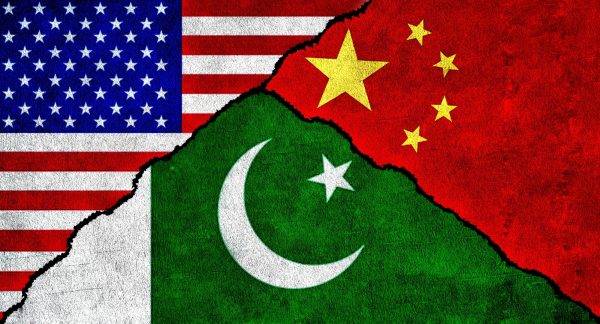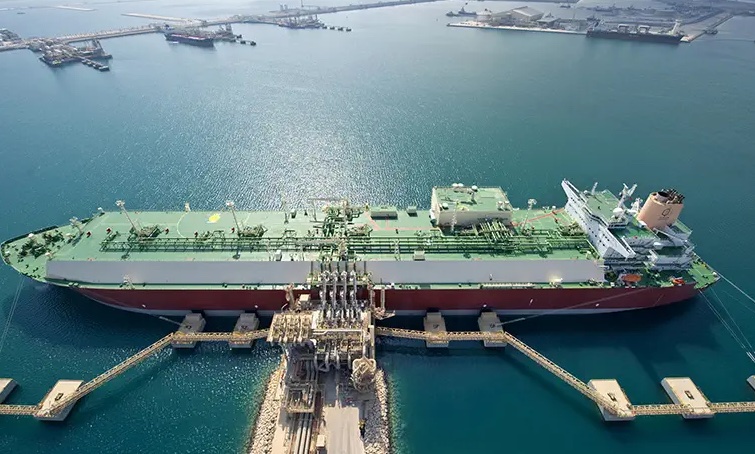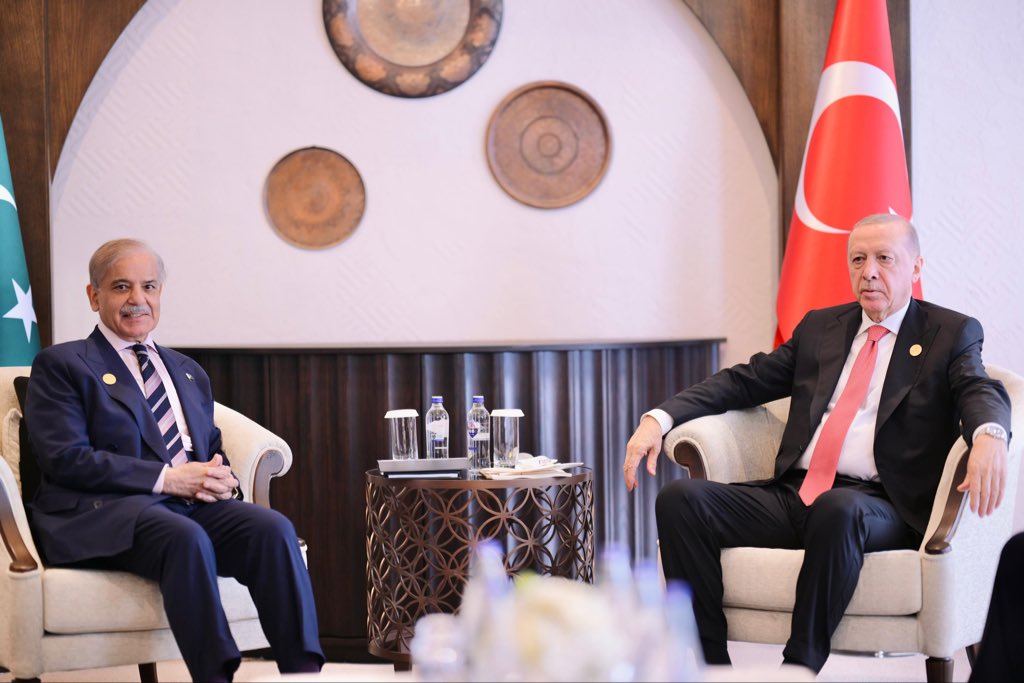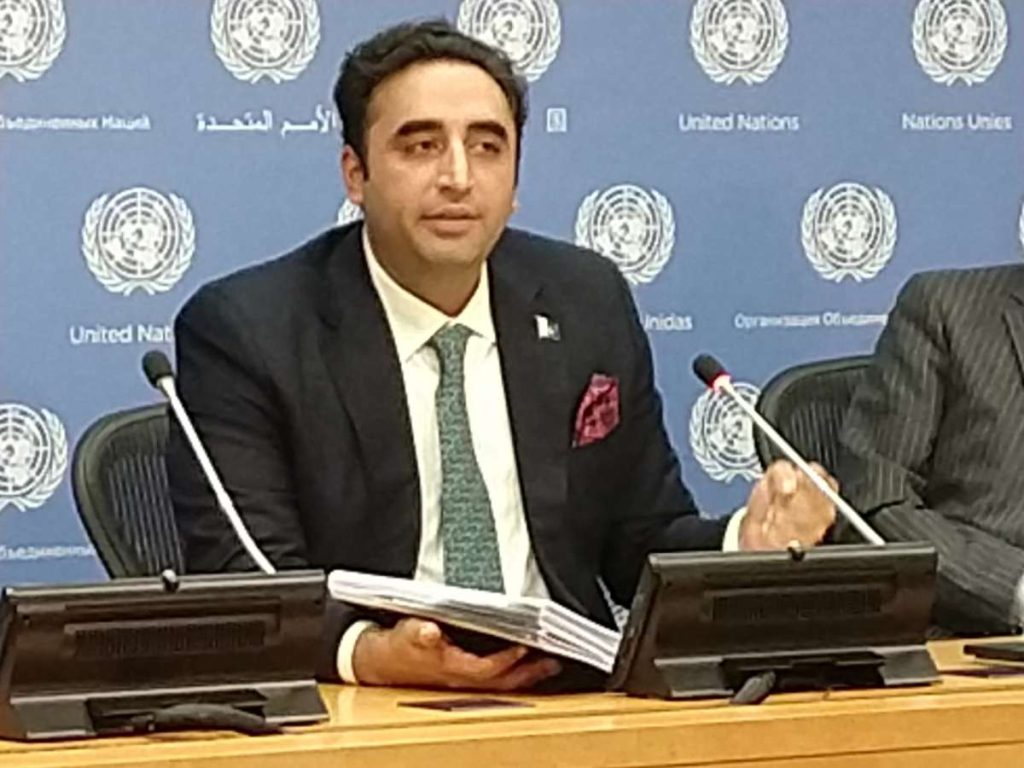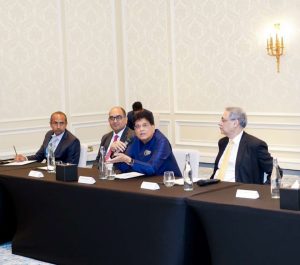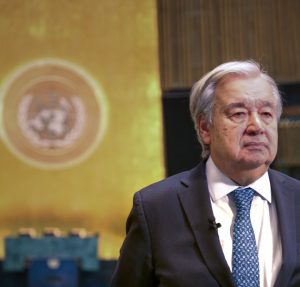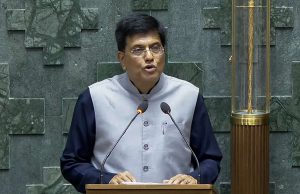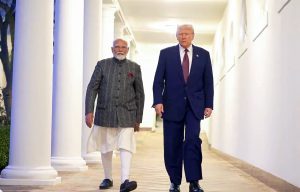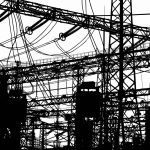It is an established fact that addressing structural weaknesses has been one of the most ignored issues by political governments in the past, which has pushed the country in a state of virtual financial meltdown…reports Asian Lite News
Pakistan is a country hit with severe levels of inflation and poverty due to the recent policy decisions undertaken by the government to meet the demands of the International Monetary Fund (IMF).
When the inflation hit and poverty stricken voters make way to the polling stations on 8th February 2024, after hearing promises and tall claims of contesting parties for over a month of election campaigns and public gatherings, expectations from the winning party would be very high and may just become a sore disappointment in the coming days.
This is because the lofty claims of better days of politicians may just be put to rest in front of the standing economic and financial challenges confronting the new government from day one.
It would certainly not be a bed of roses for any political party or a government formed through coalition as Pakistan’s economic scene has been bruised by political incompetence, misadventures and missteps from the past decades of failed governance and management.
It would not be wrong to say that getting the country out of the economic crisis would be a long and tedious process, that also if the next government decides to take difficult decisions and work for that goal and also if the voters are willing to survive more shocks for better days.
The current rate of inflation in Pakistan is hovering around 30 per cent while the ones living below the poverty line are consistently rising with every passing day. As per estimates, about 38.2 per cent of the total population of the country (242 million) is estimated to be below the poverty line and the percentage continues to rise with ever-increasing rates of electricity, gas, fuel and other essentials.
It is an established fact that addressing structural weaknesses has been one of the most ignored issues by political governments in the past, which has pushed the country in a state of virtual financial meltdown.
And even though the politicians know these realities; they continue to make lofty promises and claims to attract their voters and come into power. From promising lower bills, cheaper groceries and better days to immediate relief to the common people – statements of politicians continue to become more and more irresponsible and far away from reality.
It is another known fact that the IMF has put a stop to freebies for the government and public expense. Yet, the leading parties continue promising free electricity and gas, a promise completely opposite to the state of the national economy.
The new government will have to immediately start working and finalize another long-term bailout package with the International Monetary Fund (IMF) through deeper and broader reforms.
“The new regime’s diplomatic and economic policy capabilities will also be tested almost immediately, as the new administration performs a balancing act between the IMF for multilateral support and relationships at the personal and state-level with the Chinese leadership, which now stands as Pakistan’s biggest creditor,” said senior economist Khaleeq Kiani.
He said that while the IMF-led lenders had been insisting on renegotiation of electricity contracts with China, as Pakistan did with other local and international investors, at least three previous requests for an extension in the debt repayment period for Chinese power producers had been given the cold shoulder.
While things do not look rosy at all for any upcoming government, the polls would resolve the political instability in the country and give way to work up economic reform on a long-term basis through an elected government.
ALSO READ-Pakistan’s Election Focus: Domestic Priorities Overshadow Foreign Relations

